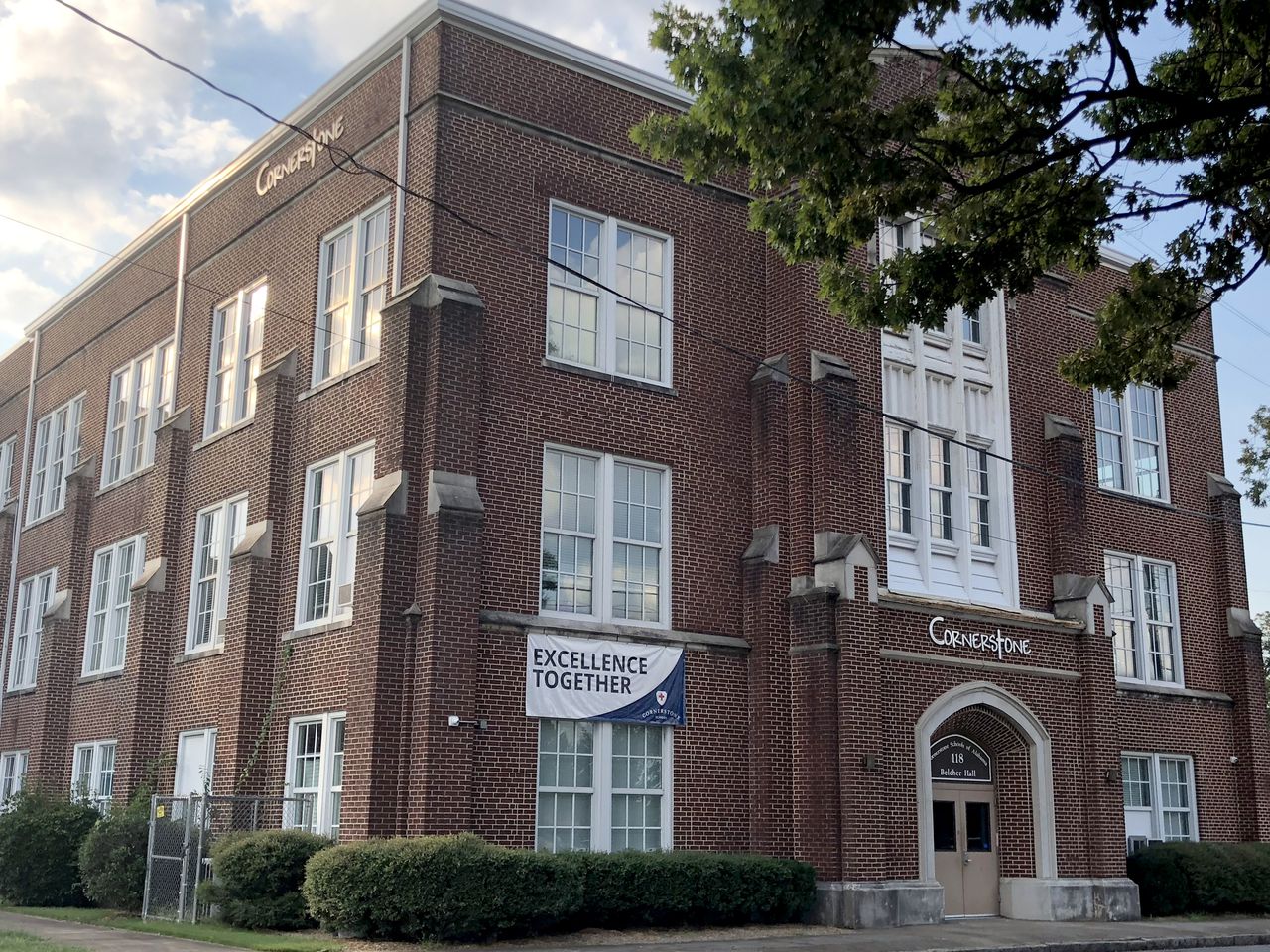Alabama school choice expansion: 200,000 students eligible
Hundreds of thousands of Alabama students will be eligible for scholarships to pay for private schools next year as the state pushes an expansion of school choice options.
Many more students currently enrolled in public schools will be eligible for scholarships in 2024-25. Families may qualify for scholarships regardless of income. As much as $40 million in tax credit scholarships, raised by private donations, may be available.
The Alabama Accountability Act’s tax credit scholarship program raised $30 million in donations last year, which funded about 3,000 student scholarships, most of which were used to attend private schools, according to documents AL.com reviewed.
“We have $10 million extra dollars that we can allocate,” Alabama Opportunity Scholarship Fund Executive Director Andy Ryan said. “If we divide that by $6,500 – which is the average scholarship – of that new pool [of students], we’ll be able to fund [an additional] 1,500 kids.”
“Though the number of eligible students increases dramatically, it’s nowhere close to the change in the kids we can actually cover.”
Under the old law, students in “failing” schools had first priority for the scholarships. Changes lawmakers made in May, using a new definition and term for eligible schools, mean more than 100,000 students in 200 schools plus 100,000 students with disabilities are eligible.
Students in schools that earn a ‘D’ or ‘F’ on the state’s report card – called “priority” schools – are now eligible for scholarships, where previously only students zoned for “failing” schools whose test results were in the bottom 6% statewide were eligible regardless of family income.
The chart below shows the number of scholarships awarded each year since 2015, when reporting requirements were enacted.
Alabama State Superintendent Eric Mackey told state board members during their September work session that because there are likely to be more than 200 priority schools, many more parents will receive notifications that they will have choices to make.
The letter, typically sent before April, outlines the choices students in priority schools have for the following school year:
- Stay in the priority school,
- Move to a non-priority school in the district that has room for them,
- Move to another public school district that will accept them, or
- Move to a private school that will accept them.
The scholarship can be used to pay for tuition and other school fees associated with the move. Private schools must agree to accept students and scholarships.
“There are going to be a lot of parents getting this letter who’ve never gotten a letter before,” Mackey said, “because you’re dealing with a much larger group of schools. So you might get some calls about that.”
Even with the expansion of eligible students, Mackey said only a small number of students use the scholarships.
“Almost all the students choose option one,” he said. “It’s the community school. It’s the school that’s in their hometown where they want to play football. And so they stay there anyway.”
Ryan said it isn’t clear whether students in priority schools will still get first dibs on scholarships or whether students with disabilities will also be in that group.
Students with disabilities can use their scholarship to pay for therapies and services, but the provider must be approved by the Alabama Department of Education to participate.
Ryan said he and other officials are waiting for clarification from the Alabama Department of Revenue, which oversees the mechanics and tax implications of the scholarship program.
If any scholarship funds have not been given out by June 30, any student whose family earns less than 250% of the federal poverty level is eligible for a scholarship.
The scholarships are referred to as tax credit scholarships because individuals who donate money to be used for scholarships can be eligible for a dollar-for-dollar state income tax credit, up to 100% of tax liability, up to $100,000 for individuals or for married couples filing jointly.
Taxpayers subject to corporate income tax are eligible for tax credits up to 100% of their tax liability with no limit.
Donations are considered for income tax credit when the taxpayer donates to one of the state’s five scholarship granting organizations, or SGOs. Those SGOs, in turn, consider applications from eligible students and if awarded a scholarship, the SGO pays the school directly.
Taxpayers who don’t receive scholarships but who are zoned to a priority school are eligible for income tax credits associated with expenses related to moving their child to a different school, public or private.
